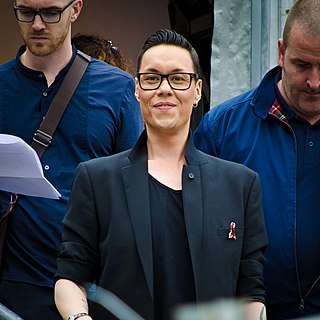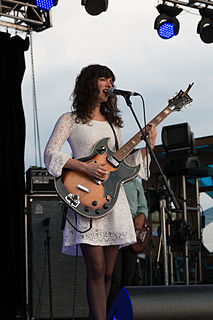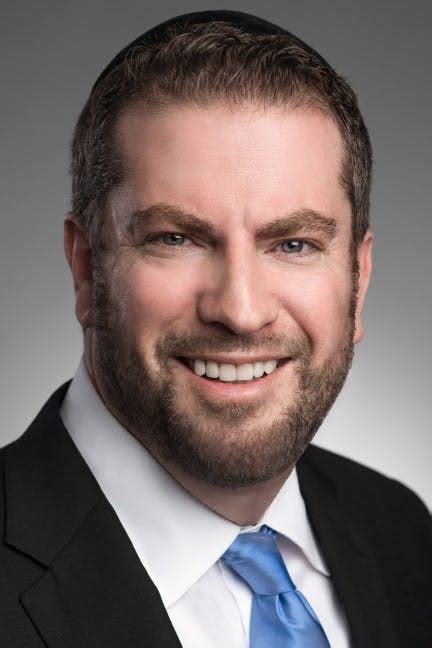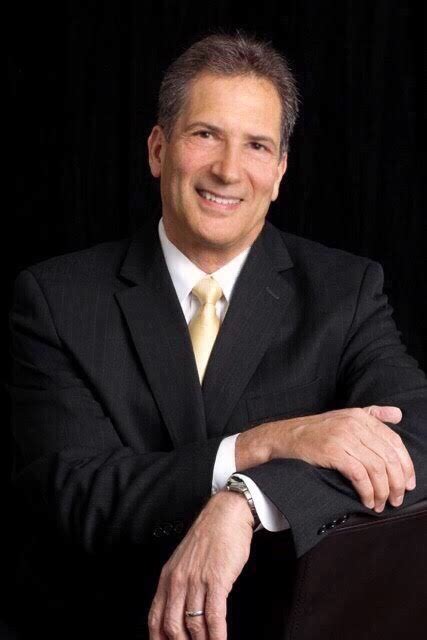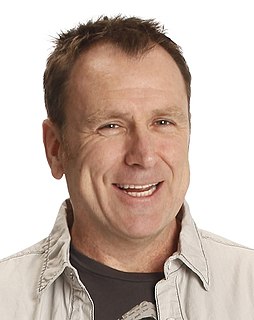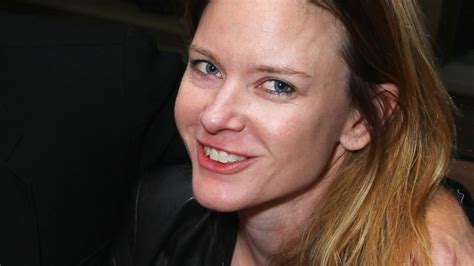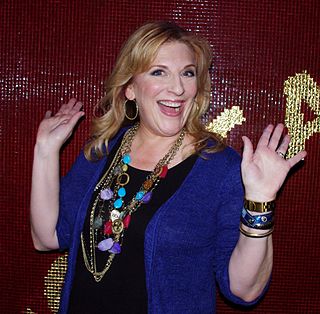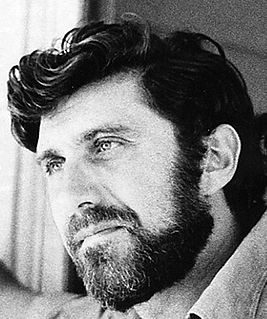A Quote by Russell Howard
Like most comedians, I have crippling low self-esteem, so I always think that what I've just done is rubbish.
Related Quotes
Most comedians want to be the architect of their own embarrassment. They have horrible self-esteem issues. I would rather push myself into the mud. I don't want to be pushed into the mud. I think that is probably true. I think most people struggle with self-acceptance. But comedians get a chance to self externalize.
It is a mistake to look at someone who is self assertive and say, "It's easy for her, she has good self-esteem." One of the ways you build self-esteem is by being self-assertive when it is not easy to do so. There are always times when self-assertiven ess requires courage, no matter how high your self-esteem.
Perhaps the most extraordinary popular delusion about violence of the past quarter-century is that it is caused by low self-esteem. That theory has been endorsed by dozens of prominent experts, has inspired school programs designed to get kids to feel better about themselves, and in the late 1980s led the California legislature to form a Task Force to Promote Self-Esteem. Yet Baumeister has shown that the theory could not be more spectacularly, hilariously, achingly wrong. Violence is a problem not of too little self-esteem but of too much, particularly when it is unearned.


